Royalty Free Music Explained (vs Copyright-Free & DMCA-Free)
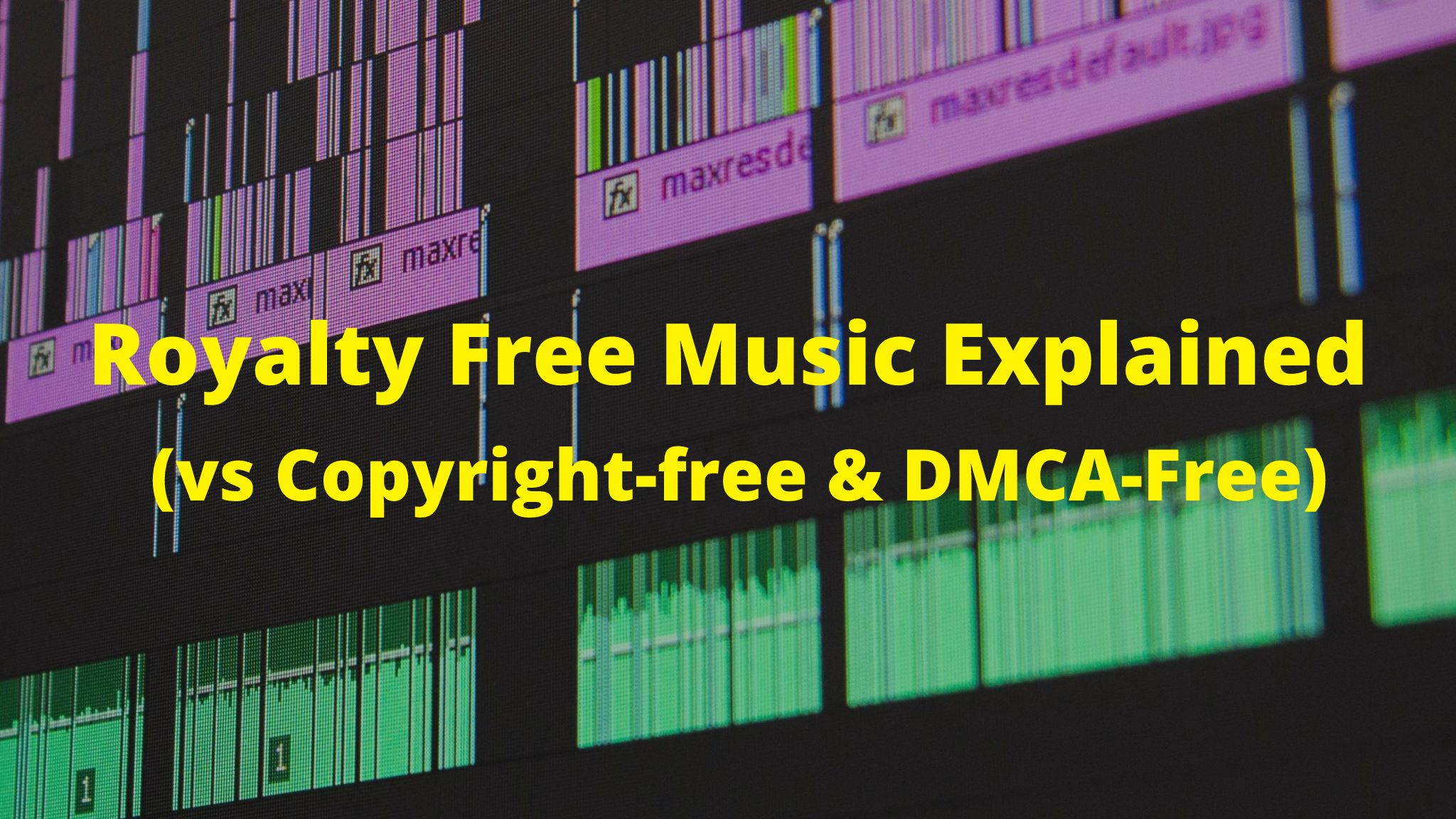
When hunting for the perfect music tracks as a video game developer or content creator, you’ve probably come across terms like Royalty-free Music, Creative Commons Music, Copyright-free Music, and DMCA-free Music. But what do all these mean, and can you safely use them in your projects?
After putting so much effort into your work, the last thing you want is to face copyright strikes. To keep your projects safe and sound, it’s super important to make sure you have the right license when using royalty-free music.
In this article, we clarify the definitions and differences between these often-confused terms.
-
Royalty free music
-
Creative Commons Music
-
Copyright-free music
-
DMCA-free music
-
Music Library (Free & Paid)
1. Royalty Free Music
Royalty Free music is a type of music license where you pay once to use the music in your project, like a TV commercial, YouTube video, or video game. Usually, the cost depends on factors such as the number of views, downloads, platform, or how long you use the music. Different music sites have their own license options. Some licenses allow single use, while others permit multiple or unlimited uses; licensing options may be per-track or subscription-based.
While “free” might be part of the term “royalty free,” it doesn’t always mean the music is free of charge. In most cases, the owner of the music either gets the payment or waives it. What royalty-free music licensing does is eliminate ongoing royalty payments, freeing you from having to pay Performing Rights Organizations (PROs) fees each time your project uses the music.
In essence, royalty-free music offers a legal way to incorporate music that you don’t own into your projects. Both free and paid licenses are available, with free licenses typically having some usage restrictions and extra requirement like attribution.
2. Creative Commons Music Licensing
Creative Commons (CC) is a non-profit organization that enables creators, from individuals to large institutions, to grant standardized copyright permissions to the public, allowing their creative works to be used under clearly defined terms within copyright law.
The 6 types of Creative Commons License:
| Types | Meaning | Sign |
|---|---|---|
| CC BY | BY: credit must be given to the creator. The license allows for commercial use. |  |
| CC BY-SA | BY: credit must be given to the creator. SA: Adaptations must be shared under the same terms. The license allows for commercial use. |  |
| CC BY-NC | BY: credit must be given to the creator. NC: Only noncommercial uses of the work are permitted. |  |
| CC BY-NC-SA | BY: credit must be given to the creator. NC: Only noncommercial uses of the work are permitted. SA: Adaptations must be shared under the same terms. |  |
| CC BY-ND | BY: credit must be given to the creator. ND: No derivatives or adaptations of the work are permitted. The license allows for commercial use. |  |
| CC BY-NC-ND | BY: credit must be given to the creator. NC: Only noncommercial uses of the work are permitted. ND: No derivatives or adaptations of the work are permitted. |  |
Creative Commons is a popular way to add free music to your projects, but it can be less reliable than royalty-free music. There is a higher risk of legal issues, and the selection of music is often more limited. In some cases, creators have faced copyright strikes on commercial works or YouTube videos after the original license was changed from Creative Commons to 'All Rights Reserved.' To protect yourself, it's a good idea to take a screenshot of the license type when downloading any Creative Commons music, along with noting the date and URL.
Additionally, Creative Commons licenses can sometimes be vague. For example, how do you define commercial versus non-commercial use? Does a monetized YouTube video count as commercial? What if a company uses Creative Commons music in a behind-the-scenes video that doesn't directly promote a product? These gray areas can lead to conflicting interpretations, so it's important to proceed with caution and understand the specific terms of each license.
3. Copyright-free Music
There are two cases: one is when the owner of the music voluntarily gives up the copyright, and the other is that, as of January 1, 2025, musical compositions from 1922 and earlier will automatically enter the public domain.
One important thing to note is that every sound recording carries two distinct rights: the composer's copyright and the rights of the recording artist or producer. For example, if a company or individual takes a public domain composition, such as a Beethoven piece, and records their own version, this new recording is considered a derivative work. Consequently, they hold the copyright to that specific recording and can require a license fee if you wish to use their recorded version.
However, as straightforward as it is, this term often gets misused. Many "Copyright Free Music" or "No Copyright Music" available on YouTube are not actually copyright-free. Most songs require Attribution, are limited to a particular platform, or are not allowed in monetized videos.
4. DMCA-free Music
Digital Millennium Copyright Act (DMCA) is a United States copyright law enacted in 1998 that prohibits the unauthorized use of copyrighted materials, including music, artwork, videos, images, written content, and software.
Similar to royalty-free, Creative Commons, and copyright-free music, DMCA-free music refers to tracks that you can safely use in your projects and on streaming platforms without worrying about copyright infringement or having your content taken down.
Example of DMCA-free music:
-
Music that is in the public domain or released under CC0 licenses
-
Music licensed under the appropriate Creative Commons licenses
-
Royalty-free music that covers specific uses such as streaming, YouTube, video games, and more
However, it’s important to note that DMCA-free music is not always free of charge. While some streaming platforms offer free playlists, it’s crucial to verify the licensing before use to avoid potential copyright issues that could disrupt your channel.
Since DMCA compliance is critical, let’s look at two major platforms that enforce DMCA rules strictly:
No. 1 — YouTube
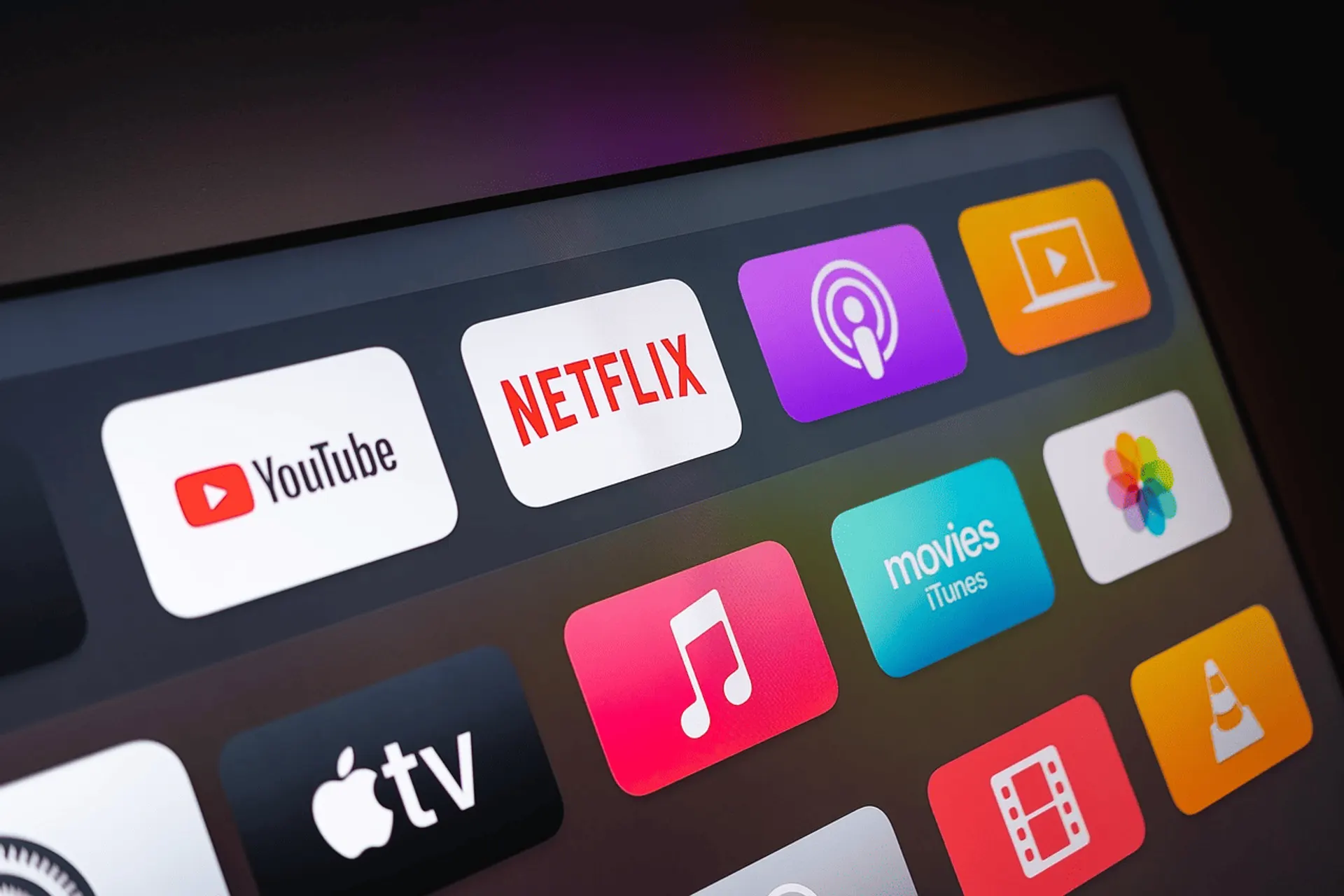
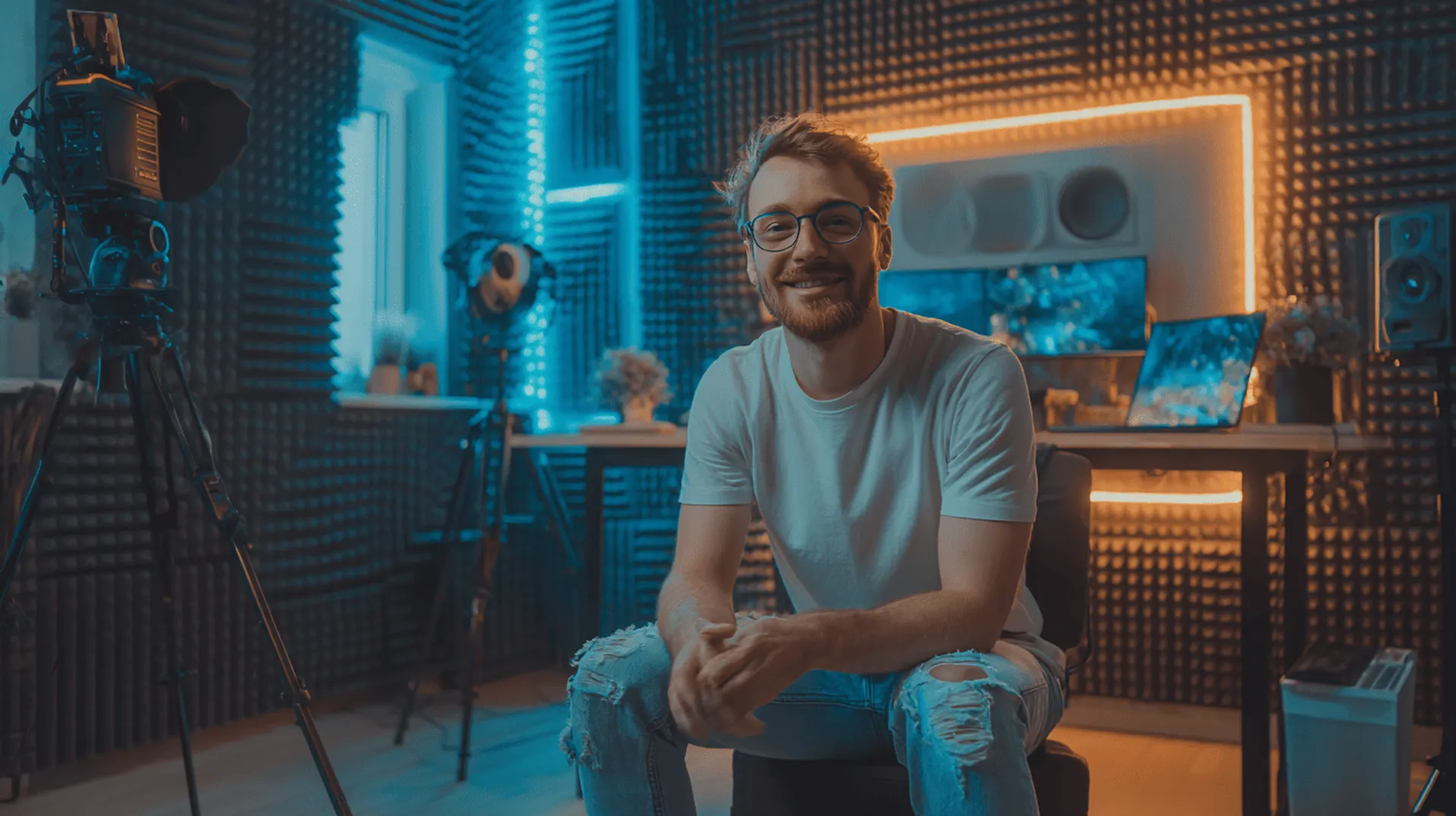
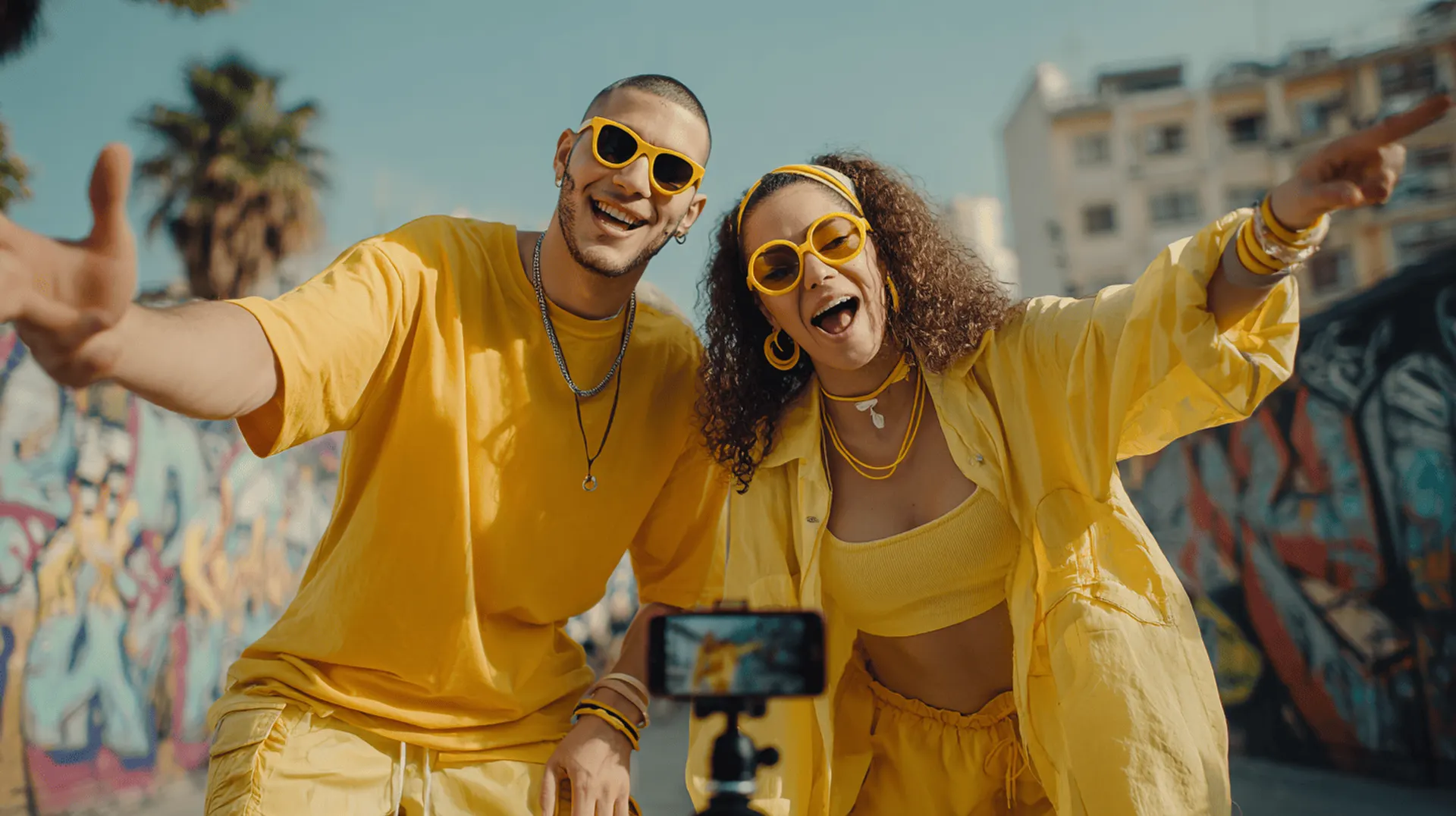
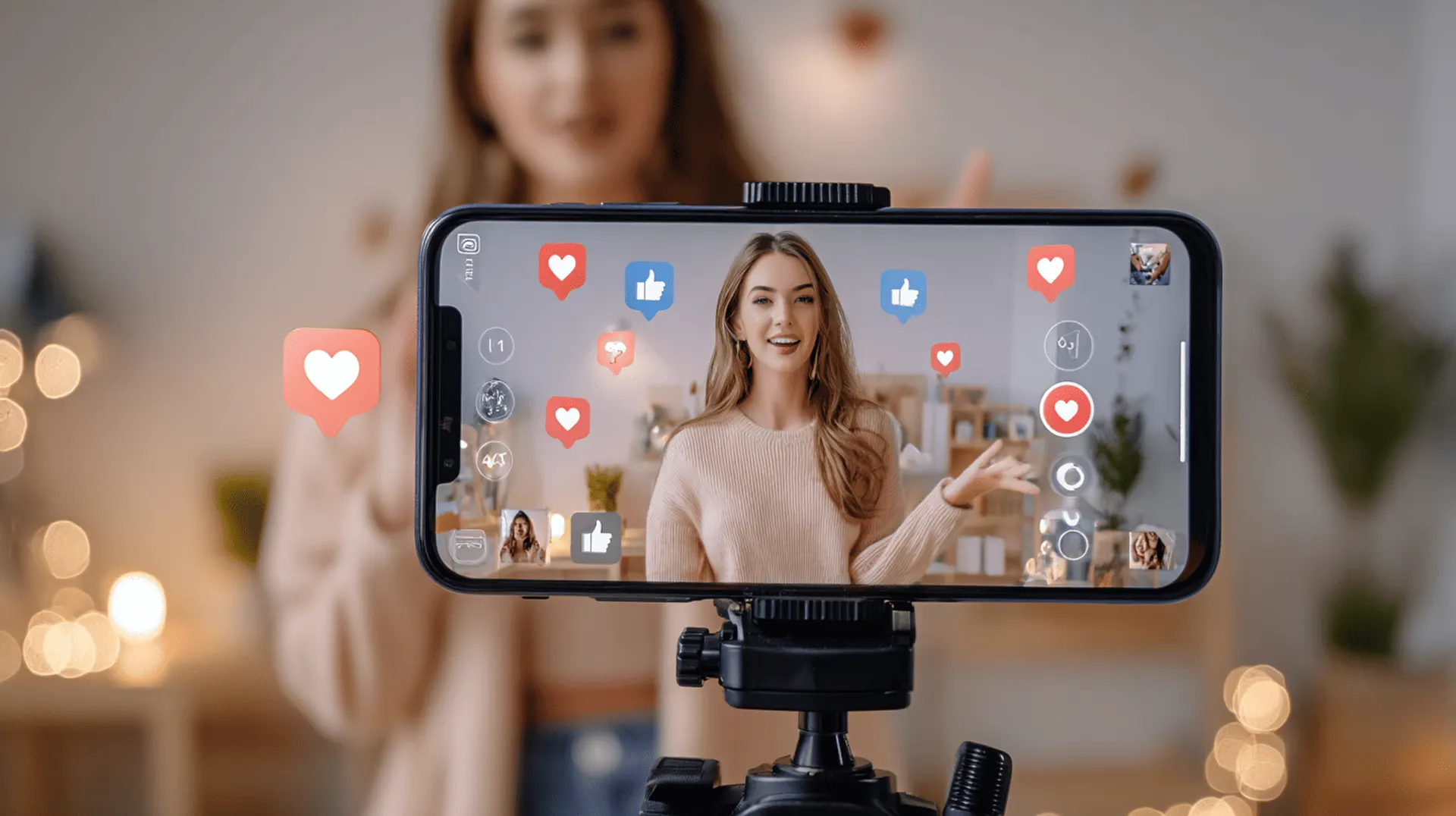
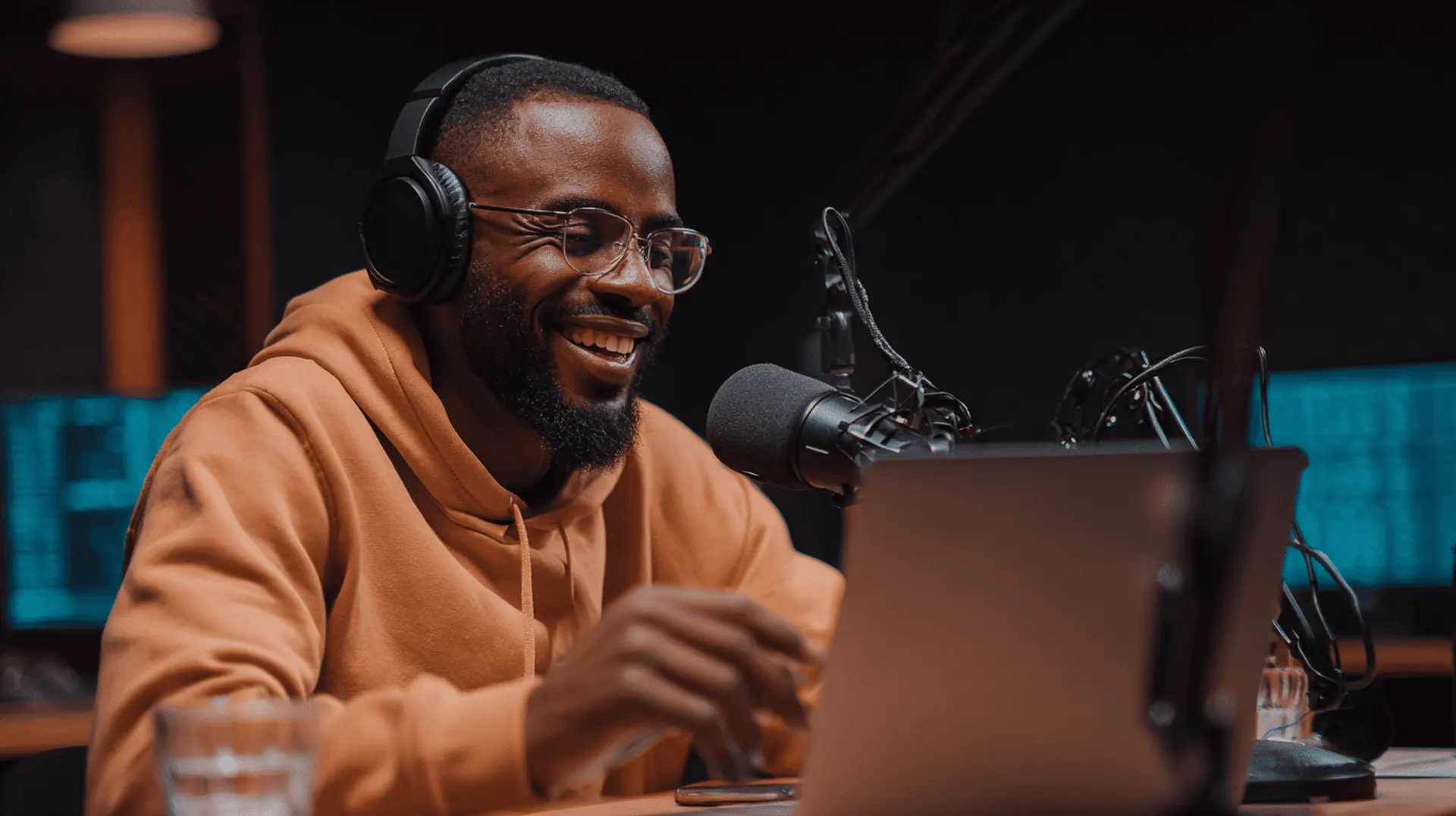
No. 2 — Twitch
5. Music Library (Free & Paid) for Youtube Videos
The legal meanings behind royalty-free and DMCA-free music are often misunderstood and mixed up in everyday talk, which makes things confusing. This confusion can increase the chances of running into copyright problems. Because of this, it's safer to use trusted music licensing sites when looking for background music for your content.
Top-quality free music websites for your projects:





Download Unlimited Royalty Free Music Tracks
Unlimited Download|Lifetime License|Commercial Use

